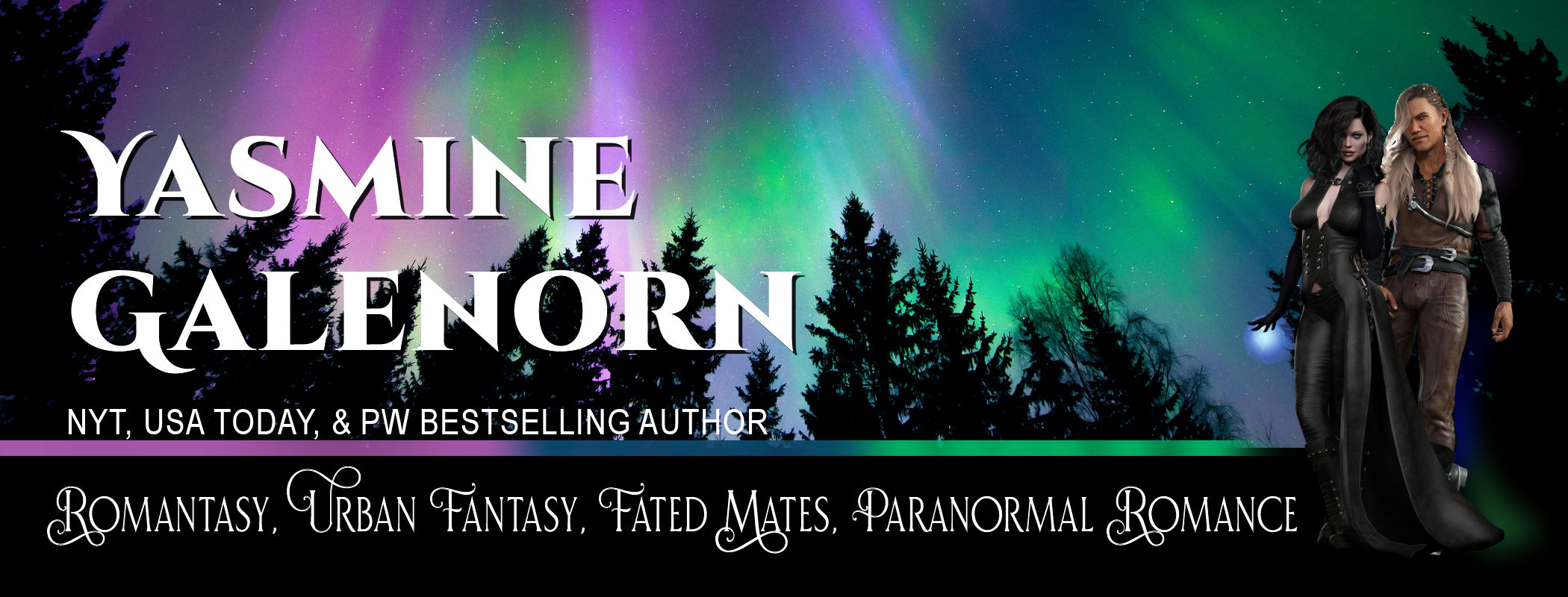
 I was asked recently how difficult it was for me to go indie and if I had any tips for aspiring writers. Be aware that my answers are germane only to myself and don’t necessarily apply to other writers—well, most of them.
I was asked recently how difficult it was for me to go indie and if I had any tips for aspiring writers. Be aware that my answers are germane only to myself and don’t necessarily apply to other writers—well, most of them.
I think going indie was harder for me than it would have been had I never started in traditional publishing. Why? Because you get used to doing something a certain way, and then not only have to learn new methods, but you also have to unlearn the way you did things. You also have to shed a certain mindset that comes along with traditional publishing and learn how to look at things in a new way. So for me it was hard, but now I’m glad it happened. I’m happier, and I’m definitely less stressed even with more work.
As far as advice for aspiring writers, hell, I could write a book on the subject (and no, before anybody asks, I’m not going to at this time. Maybe later, but absolutely NO guarantees or promises). There are so many factors to address when looking at a writing career. Today, I’ll give you simply two pieces of advice.
The first: Don’t try to write ‘to the market’ (cash in on current trends). I only did this once, while I was in traditional publishing, and that was at the request of my then-publisher. I wrote the Bath and Body series at their request and it was torture through all three books.
While I feel did an adequate job, I didn’t enjoy writing them at all. I vowed then that I would never write another series that didn’t spark off excitement for me. That is partially why I’ve ended up an indie author.
At heart, I love writing urban fantasy and to some degree, paranormal romance. Traditional publishing isn’t publishing much of that anymore. Oh, I could have switched to another genre, written thrillers or something else that’s popular, but my heart wouldn’t have been in it. I write paranormal, that’s where my passion is. So I chose to continue to write what I love, and go about publishing it in a different way. So write what you love to read. Write in a genre that you enjoy. Don’t try to write what’s popular just because it’s selling well, otherwise readers will be able to tell that your heart isn’t in it. And don’t try to copy other authors in style because you’ll never match their voice—you can only write the books that are yours to write. There’s only one Stephen King, there’s only one Tolkien, there’s only one Yasmine Galenorn, and so on.
 The second piece of advice I have for you: learn how to revise. Accept that you will need to practice — just because you can write a letter doesn’t mean you can write a book. Writing requires talent and perseverance and discipline. Your first book may never get published, or — if you choose to go the indie route — think very carefully about whether it’s good enough to offer the public. And don’t skimp on hiring an editor. Every writer needs an editor. There’s no way you can see all the mistakes you make when you’re that close to the book. And DON’T ask a friend to edit the book for you unless they are a professional editor. They’re not going to know what to look for.
The second piece of advice I have for you: learn how to revise. Accept that you will need to practice — just because you can write a letter doesn’t mean you can write a book. Writing requires talent and perseverance and discipline. Your first book may never get published, or — if you choose to go the indie route — think very carefully about whether it’s good enough to offer the public. And don’t skimp on hiring an editor. Every writer needs an editor. There’s no way you can see all the mistakes you make when you’re that close to the book. And DON’T ask a friend to edit the book for you unless they are a professional editor. They’re not going to know what to look for.
So there you go for today. I will add one last thing: writers write. Just sitting around, talking about wanting to write a book, does not make you a writer. Saying, “Someday I’ll write a book when I have some spare time” means absolutely nothing and is an insult to the thousands of hours writers put into their work.
You don’t get to wear the title of author without actually producing a book or a story or an article. If you don’t enjoy the actual writing, pick another career.

